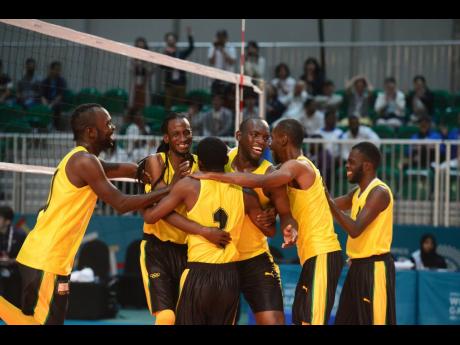Special Olympics athletes healthcare in focus
Global Clinical adviser and Special Olympics partner Dr Steven Perlman says that proper treatment of special athletes is important to ensure their overall physical health.
Perlman, founder of the Special Olympics Special Smiles programme, was part of a panel at the Caribbean Institute of Strategic Planning and Research in Oral Health Annual Symposium held at the Knutsford Court Hotel on Monday. The session, moderated by Jamaica Chief Dental Officer Dr Irving McKenzie, discussed the challenges of treating persons with intellectual disabilities.
The Special Smiles initiative provides free dental screenings to Special Olympic athletes. The programme falls under the Healthy Athletes programme, offering free screenings to Special Olympians worldwide. Perlman says that providing these services to athletes and properly training professionals to treat them is important as they do not receive equal care.
“We are trying to improve the quality of life and improve access to healthcare and to train healthcare professionals on how to treat patients with intellectual disabilities and the problems that they face,” he told The Gleaner.
“They are stigmatised. They don’t have equal access to healthcare. Adults tend to be below the poverty level, they don’t have jobs. Sometimes obtaining an education is difficult.”
Perlman says that one of the main factors hindering proper care of special athletes is a failure in diagnosing potential issues in patients. He referenced a case where a patient who couldn’t speak had his wisdom tooth pulled and was taken to hospital, unable to describe the pain he experienced.
“Many medical people just see a person with an intellectual disability and that’s all they see,” Perlman said.
“They are athletes, but if you don’t have your health, how can you compete? The whole issue of health for special needs is that way, but if you are not healthy, you can’t compete, no matter how low functioning you may be.”
Perlman has worked with Special Olympics for 25 years and he has partnered with Jamaica in the past in offering free healthcare to the athletes, including optical, dental and physical therapy.

